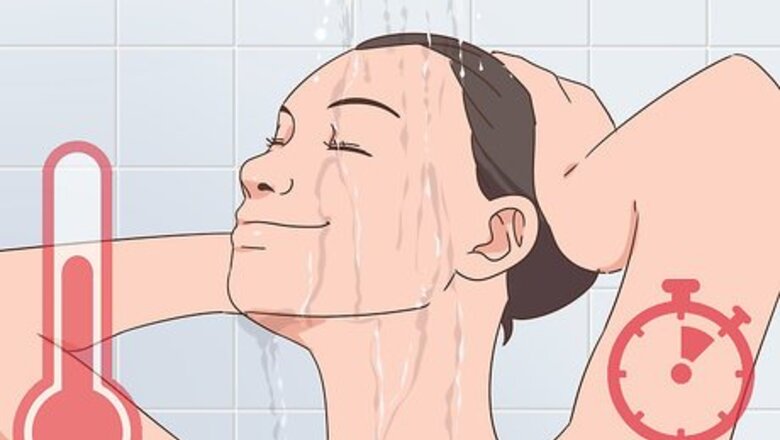
views
Washing Natural Hair
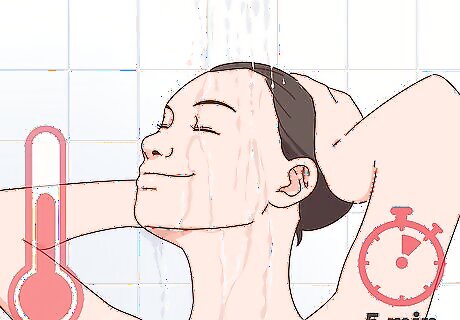
Rinse your hair under warm water for at least five minutes. Textured hair is more manageable when thoroughly wet. Warm water opens the cuticle to allow products to penetrate hair strands.
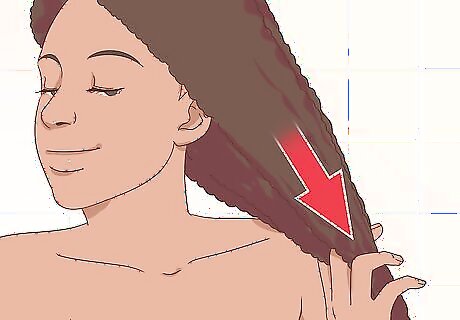
Finger detangle your hair starting from the ends. Run your fingers gently through your hair to separate knots and kinks. Do not use a brush or a comb, this could lead to unnecessary breakage and shedding. Starting at the roots of your hair may cause breakage, even with gentle finger detangling. Try to get all of the shed hair out; shed hair often has no way to actually fall out of your hair so it stays mixed in with the healthy hair and creates knots.
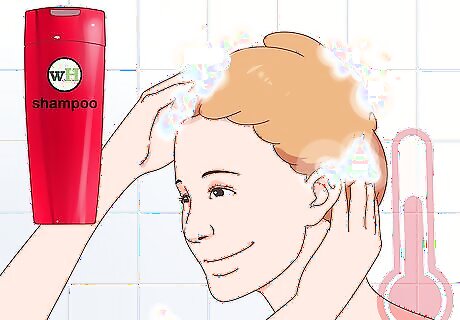
Shampoo your scalp with warm water. Shampooing the hair strands may lead to over dryness, and if you are planning on blow-drying your hair this could very likely lead to breakage. Only shampoo your scalp once or twice, or it could lead to flakiness. Warm water opens the hair cuticle to allow shampoo to fully cleanse.
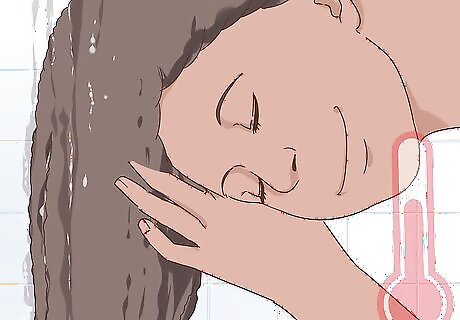
Rinse with warm water.
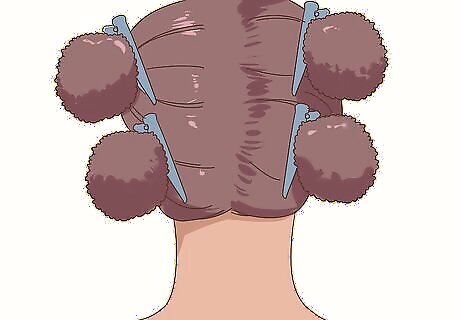
Use hair clips to section hair into manageable chunks.
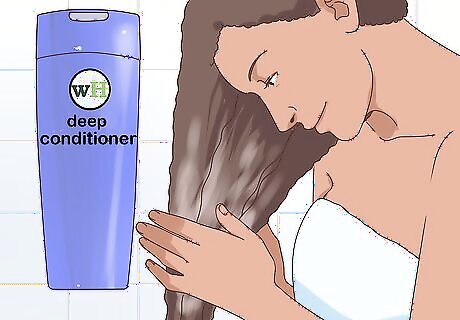
Condition your hair either with a deep conditioner or a hot oil treatment. Apply the oils or conditioner by running the product thoroughly through your hair. You can use a store bought deep conditioner or make your own. Use all natural, 100% organic virgin oils.
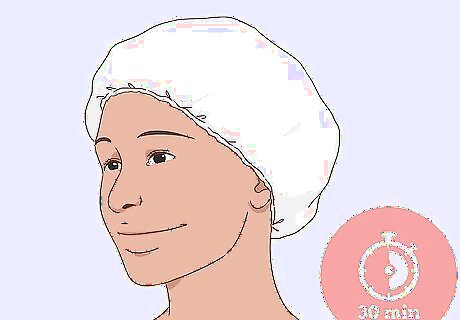
Put all of your hair into a plastic shower cap and wait at least 30 minutes before rinsing it out.
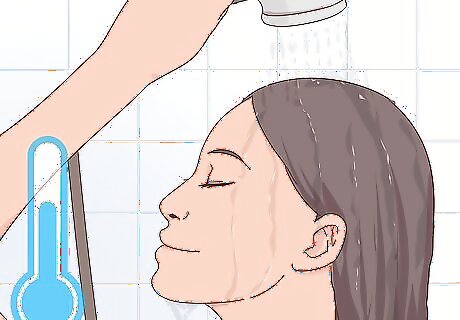
Use cold water to rinse out conditioner. Rinsing with cold water will close the hair cuticle and retain moisture.
Blow Drying Natural Hair
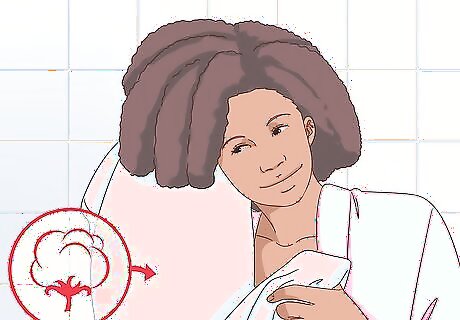
Use the cotton t-shirt to dab dry your hair until damp. Avoid towels, as they can leave lint in the hair and can cause breakage. Blow drying soaking wet hair can lead to serious damage, including extreme dryness and brittle hair.
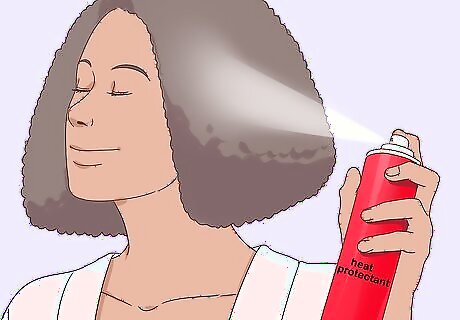
Apply heat protectant to avoid heat damage.
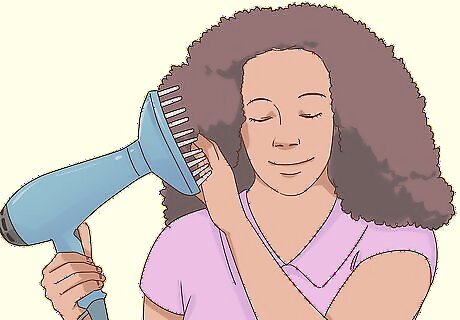
Use the diffuser attachment around your head until hair is dried completely.
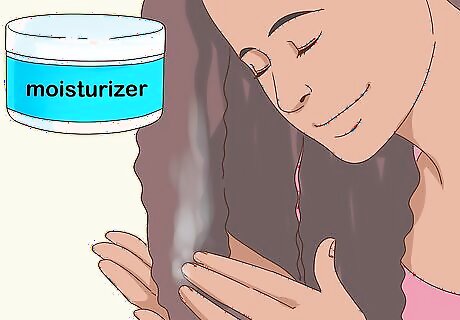
Apply a moisturizer of your choice to replace moisture lost during the drying process.


















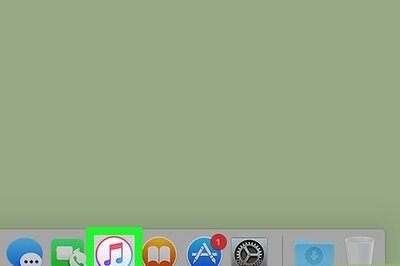
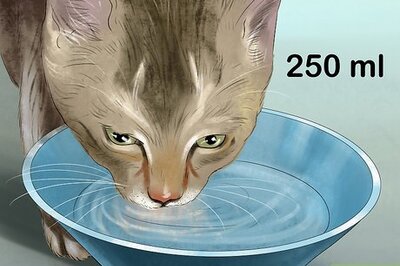
Comments
0 comment